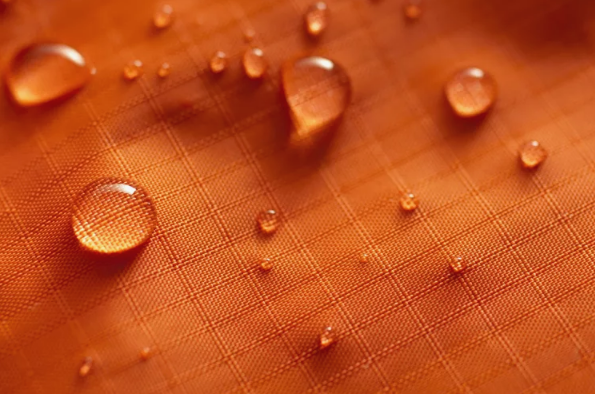
Probably the most obvious alternative to nylon is a return to the fibers that it replaced—primarily wool and silk. On the one hand, these materials pose less of an environmental threat because their acquisition is removed from the petrochemical industry. However, raising animals still requires significant amounts of water and other resources, and sheep release methane into the atmosphere. No material can be produced without an environmental impact, and of course there can be animal rights concerns in any situation where an animal is being raised to create a product.
Another potential alternative to nylon is viscose rayon, developed prior to nylon, in the late 1920s. Though it is not considered as durable, rayon comes from cellulose, usually bamboo, meaning that the raw product is biodegradable. That said, many of the production processes can be harmful, particularly if it's chemically and not mechanically processed.
Because more and more manufacturers are experimenting with recycled versions of synthetic fabrics, a close look at the practices of particular brands is probably the best way forward when making ethical choices, while also remembering that any plastic-derived fiber could contribute to microfiber pollution regardless of whether or not it is manufactured from recycled materials.
